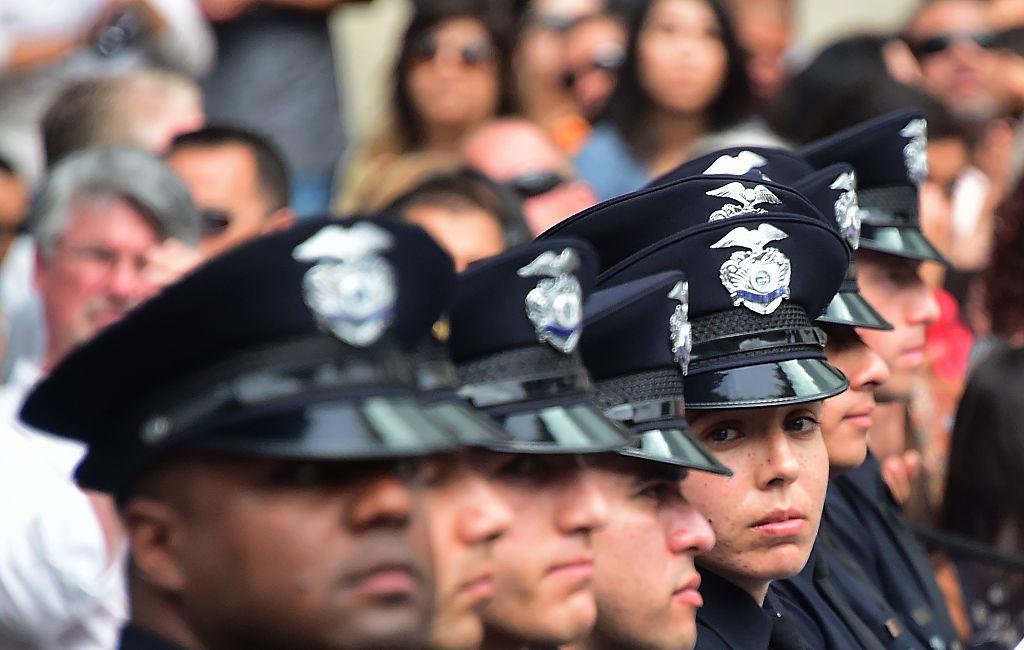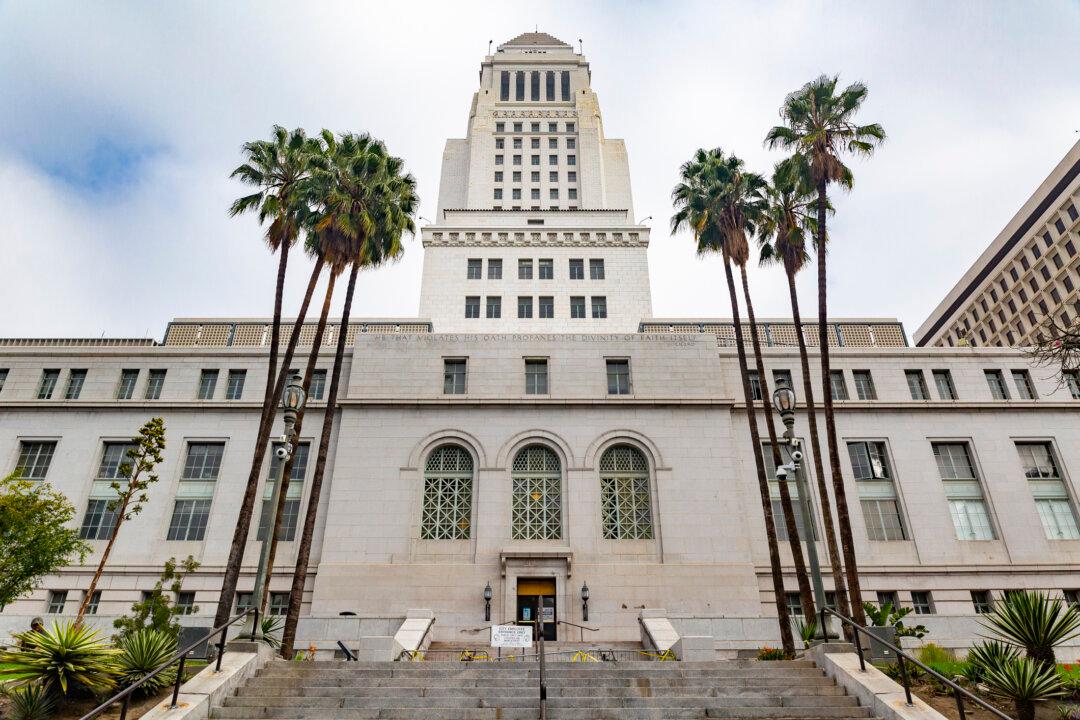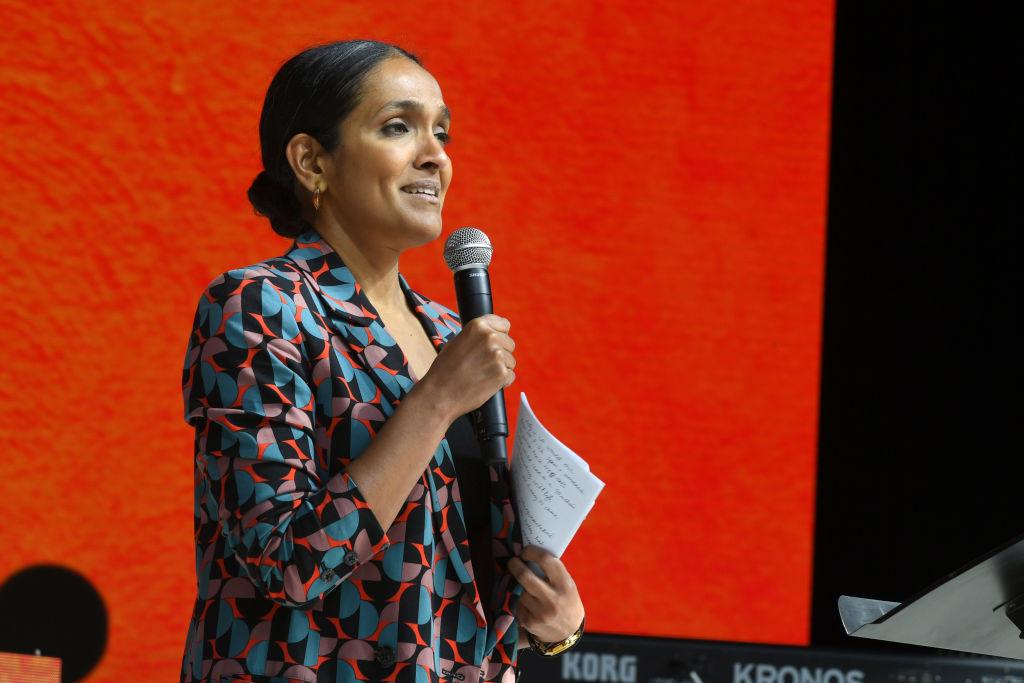When the state of California gifted 1,300 travel trailers throughout the state last year to temporarily house the homeless during the peak of the COVID-19 outbreak, there was hope that some of the 66,000 people experiencing homelessness in Los Angeles County would have shelter.
But a year later, many of the trailers in Los Angeles sit empty and unused in parking lots next to the Los Angeles Zoo and Dodger Stadium, according to a local news report.





